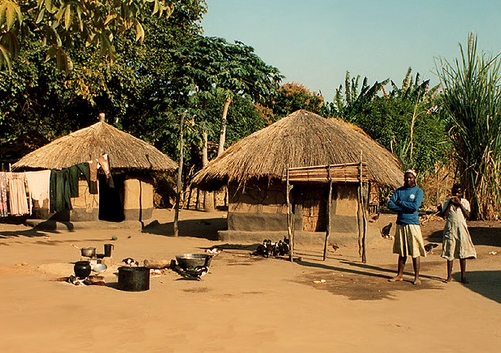
support@yorubalibrary.com
+2348073529208, 07038599574

Community is a fundamental aspect of Yoruba culture, where the collective well-being is prioritized over individual interests. The Yoruba people, primarily located in southwestern Nigeria, have a rich cultural heritage that emphasizes communal living, mutual support, and interconnectedness. This article explores the concept of community in Yoruba culture, highlighting its significance and the values that underpin it.
Historical Context
The Yoruba people have a long history of thriving communities characterized by strong social bonds and cooperative living. Traditionally, Yoruba communities were organized into kingdoms and villages, each with its own leadership structure. These communities were self-sustaining, with agriculture, trade, and craftsmanship forming the backbone of their economies. The sense of community was reinforced by shared traditions, rituals, and cultural practices that promoted unity and cohesion.
Core Values of Yoruba Community
Several core values underpin the concept of community in Yoruba culture:
1. Collectivism: Yoruba society places a strong emphasis on collectivism, where the needs and interests of the group take precedence over individual desires. This collective mindset fosters a sense of belonging and responsibility towards one another.
2. Mutual Support: Mutual support and cooperation are vital components of Yoruba communities. Members of the community come together to assist each other in times of need, such as during weddings, funerals, and communal projects. This support network ensures that no one is left to face challenges alone.
3. Respect for Elders: Elders hold a revered position in Yoruba culture and are considered the custodians of wisdom and tradition. Respecting and honoring elders is a fundamental aspect of community life, as they play a crucial role in decision-making and conflict resolution.
4. Communal Decision-Making: Decisions affecting the community are made collectively, often through meetings and consultations. This inclusive approach ensures that all voices are heard and that decisions reflect the consensus of the community.
Social Structures and Institutions
Yoruba communities are organized around several key social structures and institutions that reinforce the concept of community:
1. Family Units: The family is the primary unit of social organization in Yoruba culture. Extended families live close to one another, providing a robust support system. Family gatherings and ceremonies strengthen familial bonds and promote a sense of unity.
2. Age Grades: Age grades are groups of individuals within a similar age range who share responsibilities and engage in communal activities. These groups foster camaraderie and collective action, playing a vital role in community projects and social events.
3. Secret Societies and Guilds: Various secret societies and guilds, such as the Ogboni and Oro, play significant roles in maintaining social order and preserving cultural practices. These institutions often serve as arbiters in disputes and protectors of tradition.
Festivals and Celebrations
Festivals and celebrations are integral to Yoruba community life, providing opportunities for communal bonding and cultural expression. Events like the Eyo Festival, Egungun Festival, and Osun-Osogbo Festival bring people together to honor deities, ancestors, and cultural heritage. These gatherings reinforce social ties and ensure the transmission of cultural knowledge across generations.
Challenges and Adaptations
While the concept of community remains strong in Yoruba culture, modern challenges such as urbanization, globalization, and economic pressures have introduced new dynamics. However, the resilience of Yoruba culture is evident in how communities adapt to these changes while preserving their core values. Efforts to maintain and revitalize communal traditions are ongoing, ensuring that the essence of community continues to thrive.
Conclusion
The concept of community is deeply ingrained in Yoruba culture, emphasizing collectivism, mutual support, and respect for tradition. Through strong social structures, communal values, and vibrant cultural practices, Yoruba communities exemplify the strength and resilience that come from living in harmony with one another. Understanding and appreciating these values can provide valuable insights into the enduring significance of community in human societies.

Learn about the Yoruba concept of Ìwà Pẹ̀lẹ́ (good…

Learn special praises for Divine Being and Creator…